Investments
Find out out how rich people invest their money
If you are trying to understand how rich folks take care of their wealth you have come to the right place. Read on and find out how rich people invest their money.
Advertisement
Trying to figure out where millionaires keep their money? Read on and find out

Non-millionaires always wonder where the rich keep their money. Are you wondering how rich people invest and where they save their money?
Is it in a safe? Or is it under the mattress? Maybe buried under the sand on a desert island? Do they simply keep it in their bank account? Or is it a combination of all of these?
Well, it is actually a combination of “places”, but not exactly the previously mentioned ones.
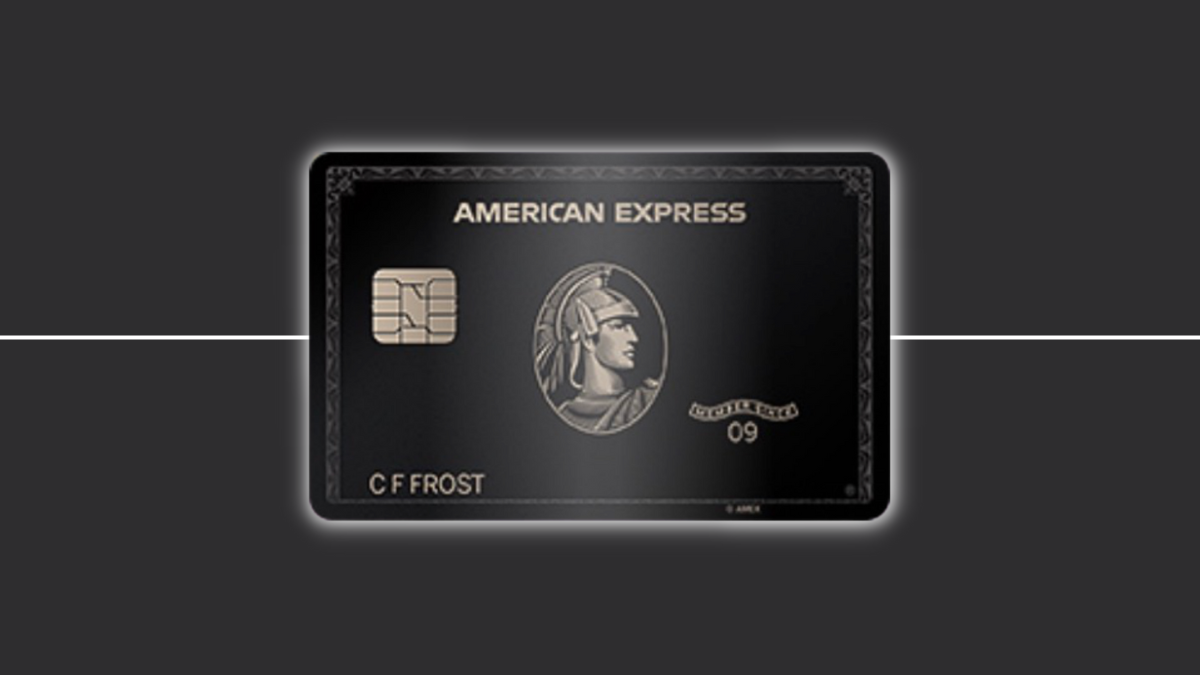
American Express Centurion: get elite status!
In this American Express Centurion credit card review you will see how this card gives you complimentary elite status at several world class hospitality brands.
You see, money is useless if you just keep it somewhere others can not find it. Is your money safe under the mattress?
As long as your house is not on fire, it is, partially. Your mattress can not protect it from one thing, though: inflation.
Inflation virtually guarantees that if you just keep your money somewhere, a thief can not find it, you will still lose it little by little.
Instead, what rich people do is keep their money in different assets.
These assets can be financial assets such as stocks, bonds, CDs, mutual funds, and retirement accounts, or real-world assets such as real estate, land, vehicles, etc.
Read on and find out how rich people invest their money.
Stocks and Stock Funds
Millionaires invest in index funds and dividend-paying stocks for one reason: simplicity. It is not fun to manage portfolios unless you are a nerdy investor.
Since most of us (and most millionaires) are not, passive income sounds much more attractive.
Many millionaires hold portfolios with just a few equity securities. Index funds, for example, earn decent returns without you having to dedicate time to managing them.
Another benefit is that index funds have low management fees and offer excellent diversification.
Some index funds offer dividends, and so do some stocks, which can provide you with the passive income you desire.
Capital appreciation is nice, but when you are a millionaire, growing your money is not as much of an objective as having a regular source of passive income. This is how rich people think when they invest money.
You will be redirected to another website
By submitting this form, I agree that I am 18+ years old and I agree to the Privacy Policy and Terms and Conditions. I also provide my signature giving express consent to receive marketing communications via automated emails, SMS or MMS text messages and other forms of communication regarding financial products such as credit card and loans. Message frequency varies and represents our good faith effort to reach you regarding your inquiry. Message and data rates may apply. Text HELP for help or text STOP to cancel. I understand that my consent to receive communications is not a condition of purchase and I may revoke my consent at any time.
Cash Equivalents and Cash

Most millionaires keep as much as 25% of their total wealth in cash. This is money they can access easily for a number of different purposes.
They can use this money for everyday expenses like most of us do with the money in our checking accounts.
They may also use it to offset any market downturns or to have the means to ensure their portfolios.
Cash equivalents are financial instruments that can be easily converted into cash in case you need them.
Millionaires have these as some of their favorite investments because of their high liquidity.
A few examples of cash equivalents are certificates of deposit (CDs), money market mutual funds, Treasury bills, and commercial papers.
Many of them like to keep their cash in Treasury bills for their ability to keep rolling over and reinvesting their earnings. If they ever need the money, they simply liquidate their bills.
In case you are not familiar, Treasury bills are short-term notes the U.S. government issues to raise money for things such as infrastructure projects.
The world-renowned investor Warren Buffett has an entire portfolio of Treasury bills and money market accounts.
Another thing millionaires like to do is to keep a zero-balance account. Rich people know how to invest their money.
This is an account where you keep no money, and you use it to receive funds from other sources to pay for your expenses.
While keeping their money in cash and cash equivalents, millionaires write checks on their zero-balance accounts.
Then, at the end of the business day, the private bank, which is a custodian of all of its accounts, liquidates assets to settle up for the day.
Millionaires also like to keep deposit boxes with different currencies in them. These are safe boxes spread around the world.
Real Estate

Real estate has long been one of the most popular forms of investment among millionaires. It is an excellent way to store and preserve capital while earning a steady income through rent.
Not to mention, real estate is also subject to capital appreciation, making it possible for you to sell it at a profit after holding it for some time.
The way they usually start is by buying a primary home. Then they start buying other forms of residence, usually for tenants.
After that, they start acquiring commercial real estates such as hotels, office buildings, stadiums, and even bridges.
It is not uncommon for millionaires and rich people that know how to invest money to have a large portfolio of real estate assets.
After establishing themselves as real estate investors in the market, they start getting generous opportunities from real estate agents.
These agents bring in the best deals for which millionaires can easily obtain financing.
This is not the kind of investment you can depend on for cash since it is hard to liquidate.
However, it is a very lucrative investment in the long run. Not to mention it is one of the safest ways you can store your money.
Hedge funds and Private Equity
Private equity funds and hedge funds are not something non-millionaires have easy access to. While you can easily access public equity, private equity funds are restricted to large organizations.
Institutions such as universities and pension funds have the capital necessary to invest in such funds.
The other type of people who are able to invest in hedge funds and private equity funds are multimillionaires.
In order to invest in private equity funds, you have to be an accredited investor. To be considered an accredited investor, you must have a certain net worth. This usually means at least $250,000.
Accredited investors are not just individuals, however. Organizations can also be considered accredited investors, but what determines this is regulation.
In some areas, for example, public equity has stricter requirements for conforming to regulation than private equity funds.
So some multimillionaires will also invest in private equity as accredited investors.
Hedge funds, on the other hand, are different from private equity.
Hedge funds pool funds to pursue strategies for outperforming the market. In hedge funds, managers decide where to invest the money seeking the highest short-term profits possible.
Keep an eye on your investment fees: learn what they are
When it comes to saving and earning money, you have to be pretty aware of the fees included in your financial products.
Otherwise, you might end up with the same amount you started. To learn everything about these sneaky fees, check the following post we’ve made to help you educate yourself on this essential topic.

What are typical investment fees?
Fees are an important part of investing. In this article we are going to tell you some things you must know about the subject.
About the author / Danilo Pereira
Trending Topics

Capital One® Guaranteed Mastercard® application process: A great way to raise your credit score
See how you can apply for a Capital One® Guaranteed Mastercard® and take the next steps into building a better credit.
Keep Reading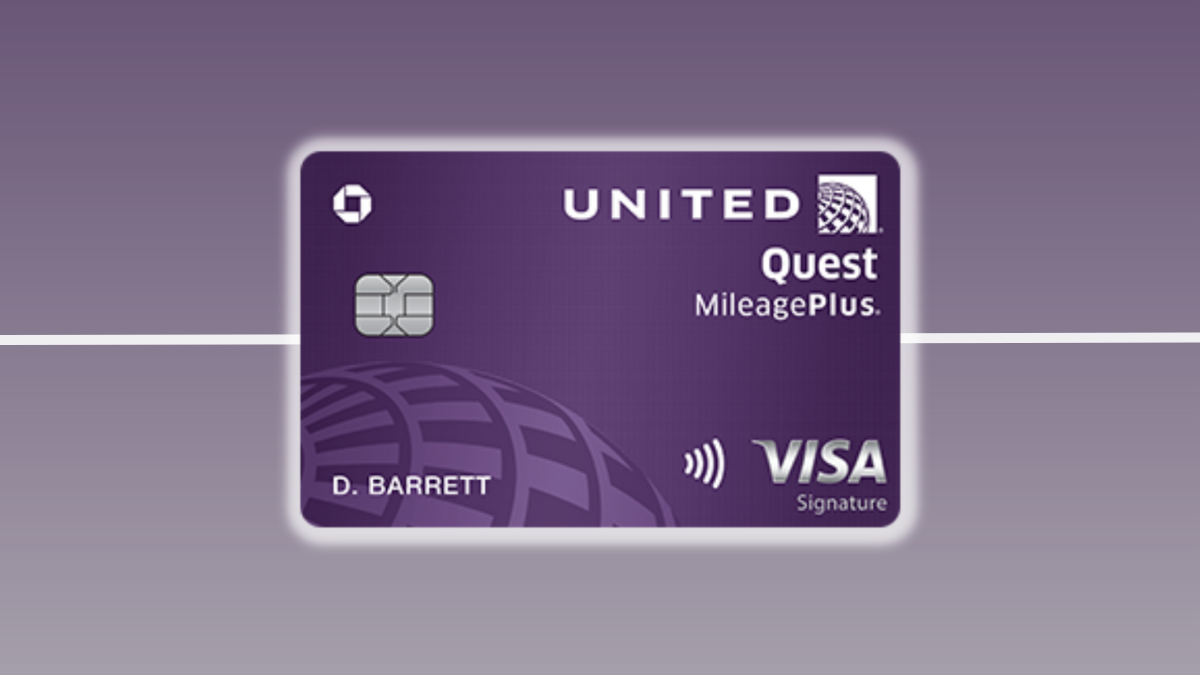
United Quest℠ Card application: Get a Generous Welcome Bonus
Start earning high rewards on travel spending with a little help from our United Quest℠ Card application guide.
Keep Reading
Southwest Rapid Rewards® Priority Credit Card review
Get a generous 50,000-point welcome bonus. Read this Southwest Rapid Rewards® Priority Credit Card review to see how.
Keep ReadingYou may also like
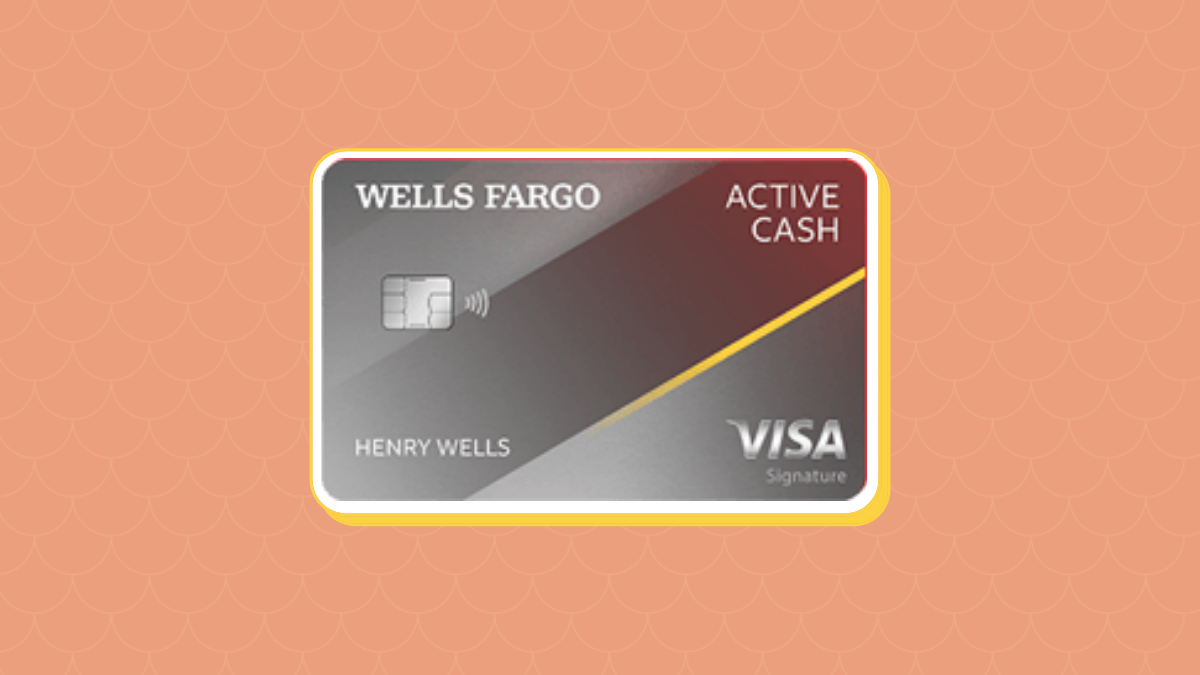
Wells Fargo Active Cash® Credit Card review
Are you looking for a no-annual-fee card that offers great rewards? Check out this Wells Fargo Active Cash® Card review to get yours.
Keep Reading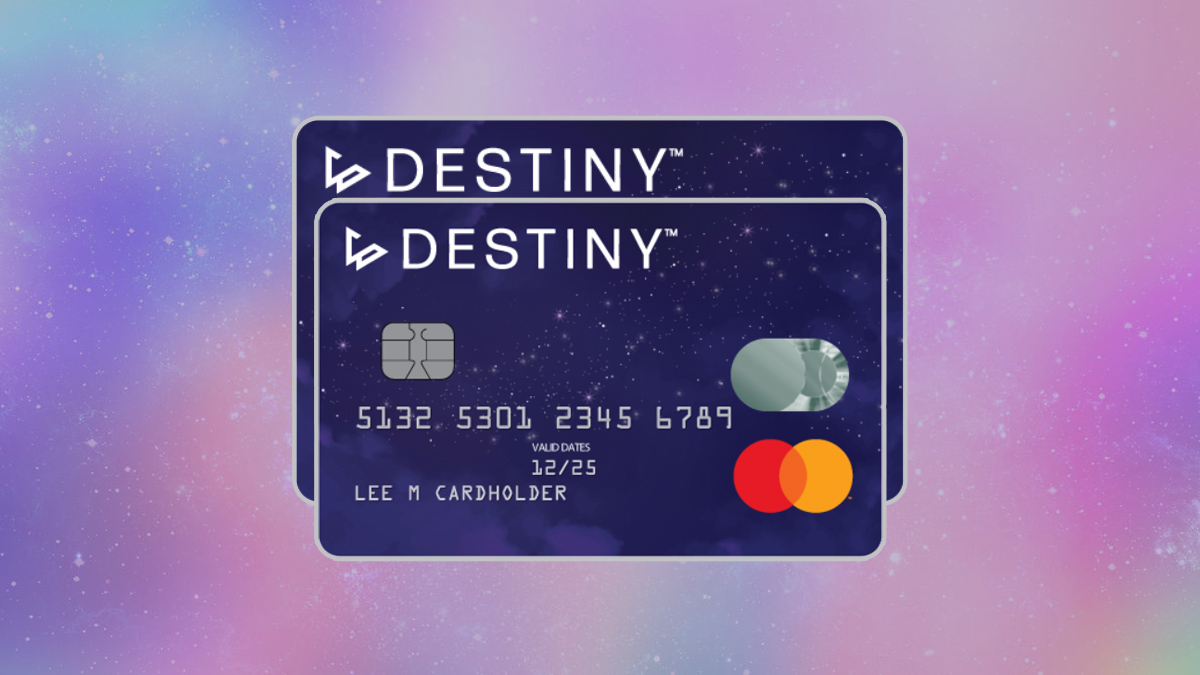
Destiny Mastercard® Credit Card review
Read this review to learn about the advantages and disadvantages of getting the Destiny Mastercard® Credit Card to improve your credit score.
Keep Reading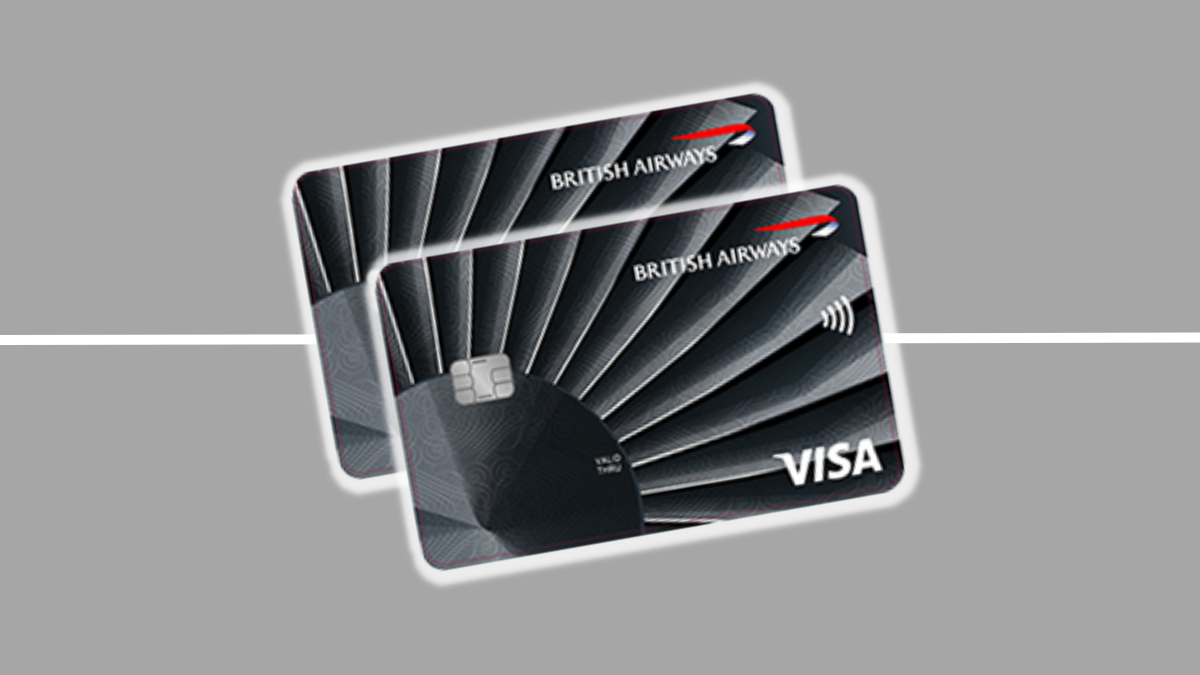
British Airways Credit Card review: Travel More and Spend Less
Want travel rewards and access to airport lounges? Read this British Airways Credit Card review and learn how you can get what you want.
Keep Reading